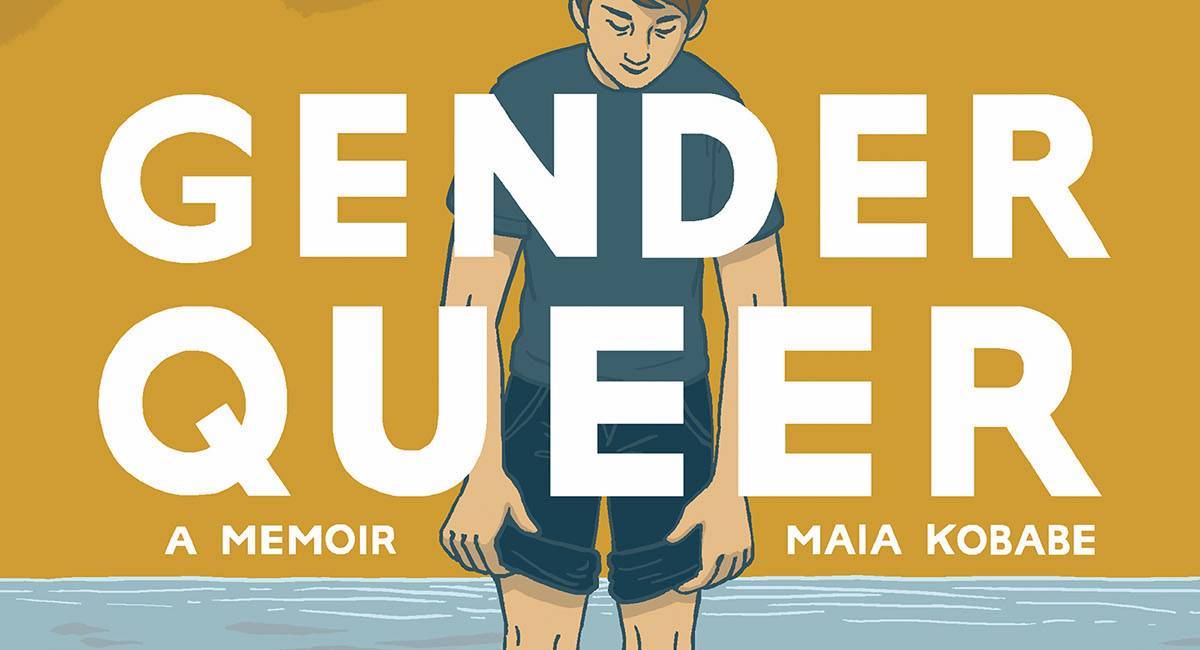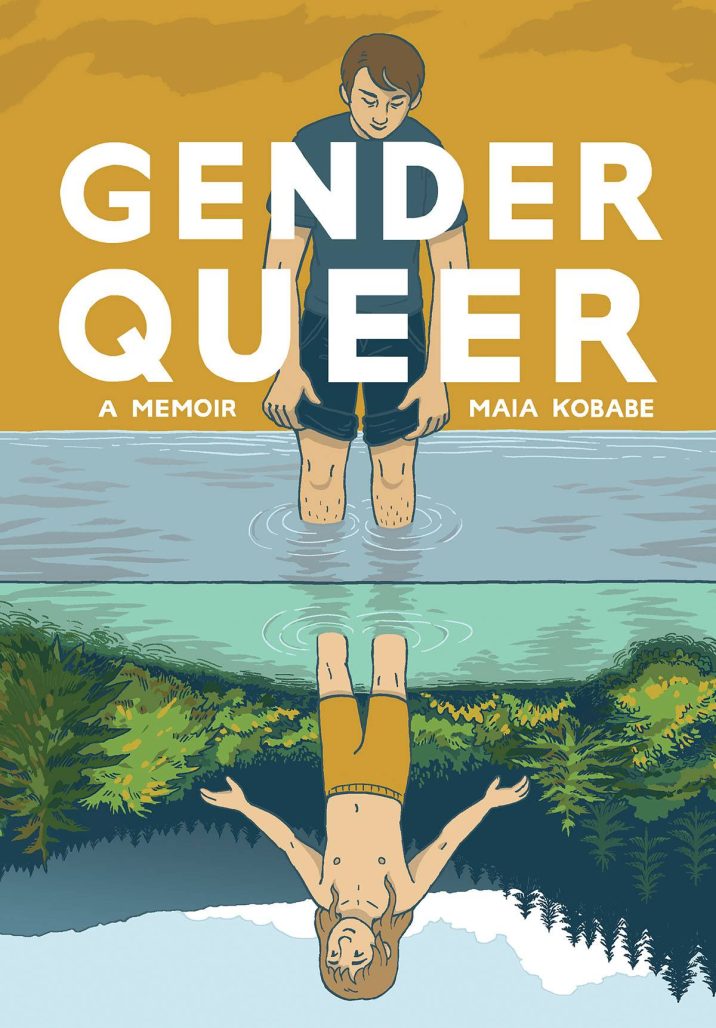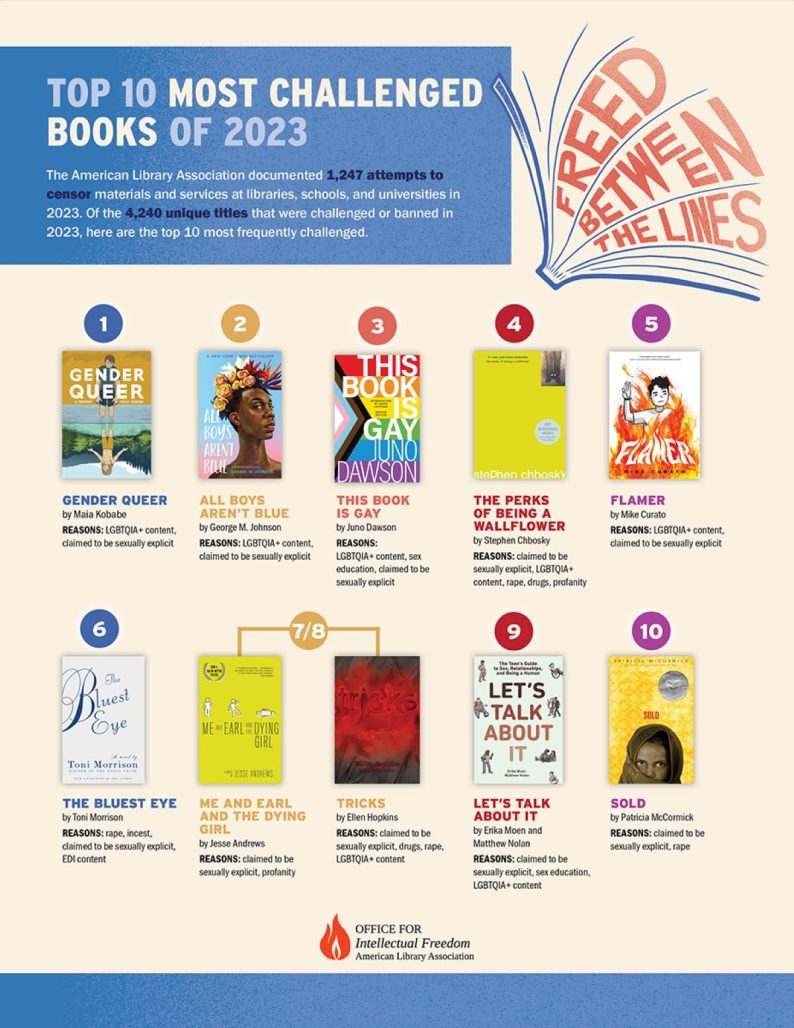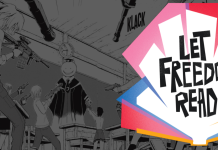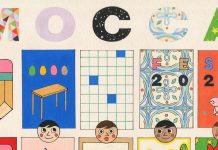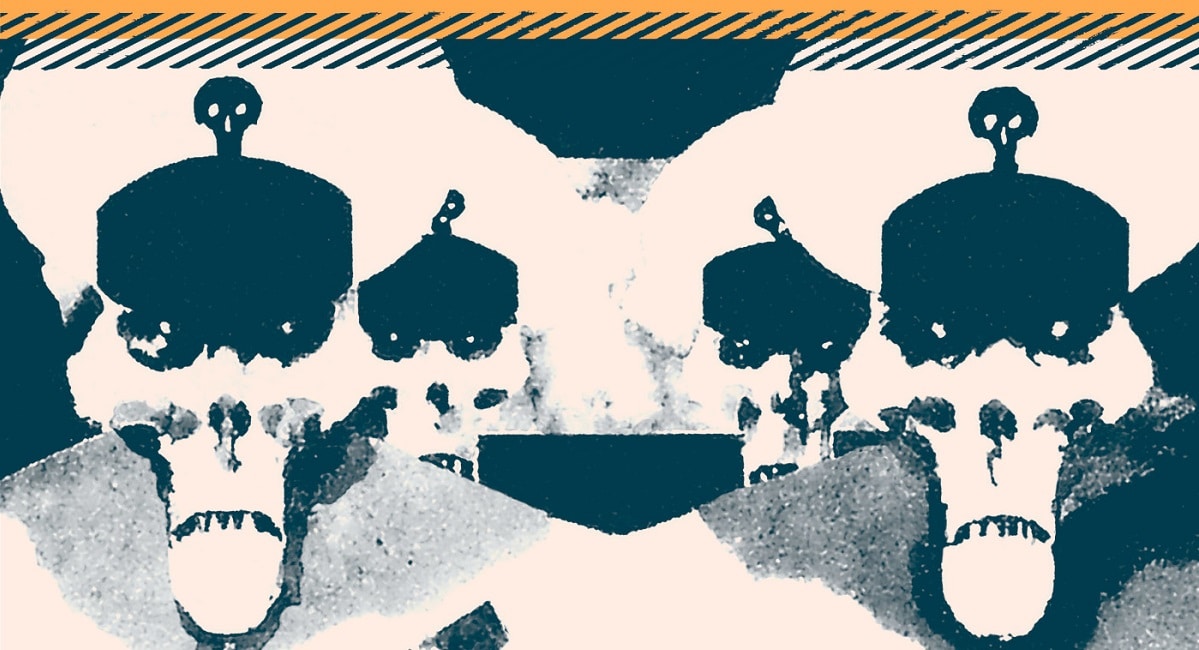Maia Kobabe’s graphic memoir Gender Queer (Oni) topped the charts once again in the American Library Association’s Ten Most Challenged Books last year. In total three graphic novels made the ALA’s Top Ten banned list with the latter two – Flamer by Mike Curato (Henry Holt and Co), and Let’s Talk About It by Erika Moen & Matthew Nolan (Random House Graphic) – joining for a second consecutive year. The list was came within the ALA’s annual State of America’s Libraries Report, released to coincide with National Library Week.
In the tally of challenges that placed the three graphic novels in the charts, Gender Queer (#1) came in at 106, Flamer (#5) at 67, and Let’s Talk About It (#9) sat at 55. All three books were challenged on the grounds of being ‘sexually explicit’, ‘having LGBTQIA+ content’, and in the case of Let’s Talk About It – whose subtitle is The Teen’s Guide to Sex, Relationships, and Being a Human – it was, naturally, challenged because it contained ‘sex education’.
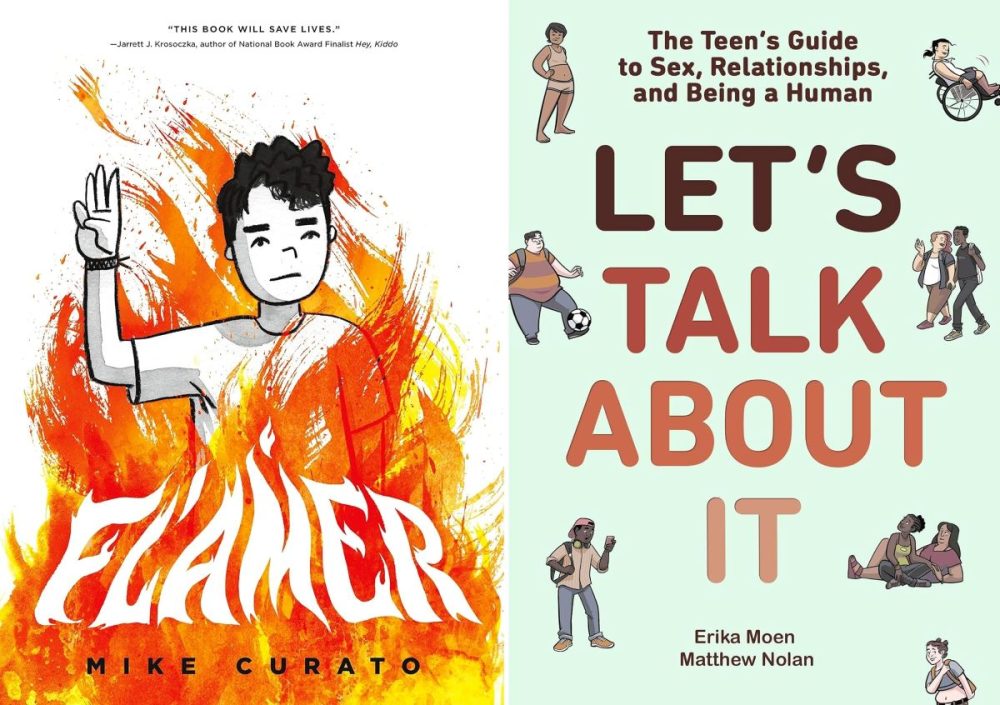
Gender Queer was first published in 2019 but only exploded onto the Banned Top 10 in 2021, hitting the number one spot and has remained there ever since. Let’s Talk About It was first published in 2021 and Flamer in 2020, both first made the Top 10 in 2022 and seem to have remained frequently challenged in 2023.
In the State of America’s Libraries report Deborah Caldwell-Stone, the director of the ALA’s Office for Intellectual Freedom, discussed the underlying trends which indicate how books are repeating in the lists this time around. They said:
“Driving the extraordinary number of challenged titles in 2023 was the phenomenon of groups and individuals demanding the censorship of multiple titles, often listing dozens or even hundreds of titles as candidates for censorship all at once. Indeed, 93.4% of the titles challenged in 2023 were included in demands to censor multiple titles, with many of those seeking to remove books from libraries using lists of titles drafted by organized pressure groups seeking to empty library shelves of all books they deem inappropriate for readers.“
The organisation’s website summarised the stats and trends underlying it all,
“ALA’s Office for Intellectual Freedom documented 1,247 demands to censor library books and resources in 2023. The number of titles targeted for censorship surged 65% in 2023 compared to 2022, reaching the highest levels ever documented by OIF in more than 20 years of tracking: 4,240 unique book titles were targeted for removal from schools and libraries. This tops the previous high from 2022, when 2,571 unique titles were targeted for censorship. Titles representing the voices and lived experiences of LGBTQIA+ and BIPOC individuals made up 47% of those targeted in censorship attempts.
“Groups and individuals demanding the censorship of multiple titles, often dozens or hundreds at a time, drove this surge in 2023. Attempts to censor more than 100 titles occurred in 17 states: Colorado, Connecticut, Florida, Idaho, Illinois, Iowa, Kentucky, Maryland, Missouri, North Carolina, Ohio, Pennsylvania, Tennessee, Texas, Utah, Virginia, and Wisconsin.”
Data on banned or contested titles has been collected by the ALA’s Office for Intellectual Freedom since 1990. The ALA has records of Top 10 Contested Books on their website in a given year stretching back to 2001. Maia Kobabe’s Gender Queer hitting the top of the charts three years in a row since its publication in 2019 is a huge achievement for the medium, kicking Dav Pilkey’s Captain Underpants mere two top places (2012 and 2013) to the curb in garnering the most ire from parents rights activists and morality groups.
In previous years the most appeared graphic novels in the Top 10 lists have been Dav Pilkey’s Captain Underpants series, six times between 2002 and 2018; and Raina Telgemeier’s Drama, five times between 2014 and 2019. Other graphic novels that have made the charts include Marjane Satrapi’s graphic memoir Persepolis, Brian K Vaughan & Fiona Staples’ Saga, Matt Fraction & Chip Zdarsky’s Sex Criminals, Jillian & Mariko Tamaki’s This One Summer, Alison Bechdel’s Fun Home, Craig Thompson’s Habibi, and Jeff Smith’s Bone series.


